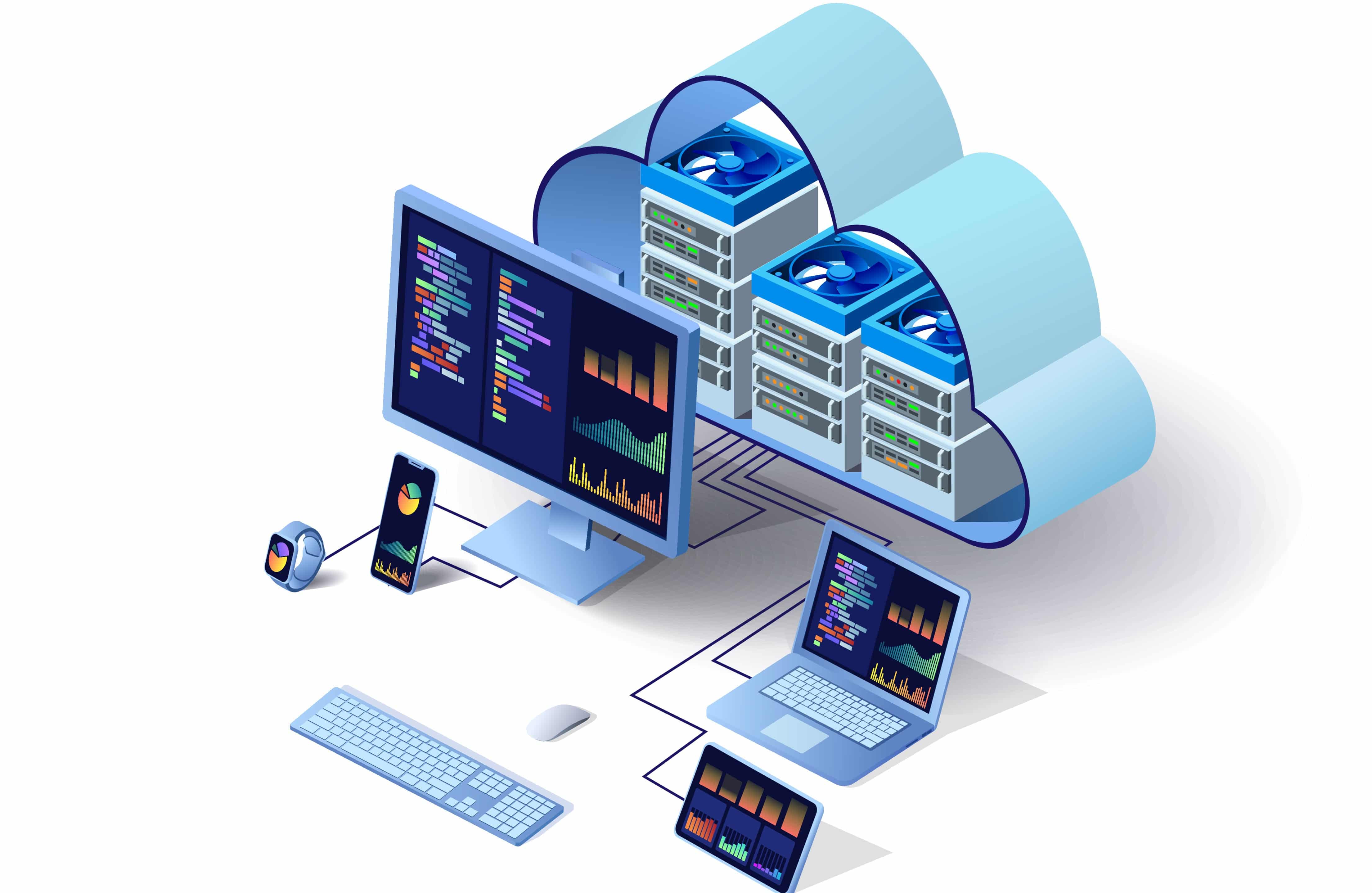 This year’s multiple crises, including a global pandemic, an economic recession and shelter-in-place lockdowns, caused attorneys and law firms large and small to rethink how they conduct business. Long feared security vulnerabilities had kept most firms from embracing a remote staffing model but 2020 changed all that – overnight. The legal industry’s historic resistance to cloud-based technology solutions, a key enabler of work from home (WFH), quickly became futile.
This year’s multiple crises, including a global pandemic, an economic recession and shelter-in-place lockdowns, caused attorneys and law firms large and small to rethink how they conduct business. Long feared security vulnerabilities had kept most firms from embracing a remote staffing model but 2020 changed all that – overnight. The legal industry’s historic resistance to cloud-based technology solutions, a key enabler of work from home (WFH), quickly became futile.
One of the unintended consequences of what was first thought to be a temporary move was an emerging preference from attorneys and support staff to continue to WFH – pandemic or no pandemic. The majority of attorneys (67%) are embracing the pandemic-forced WFH mandate and want these remote work arrangements to continue, at least a few days a week, once COVID-19 subsides.
Realizing that “temporary” cloud solutions were becoming more permanent, what kinds of technology investments are firms making now to empower remote staff, shore up security and help assure client confidentiality?
Cloud solutions with artificial intelligence (AI) capabilities top the list of firms’ technology spend, followed closely by improved security software and centralized operations tracking. Looking for potential risks and unusual clauses in lengthy contracts and documents used to be a Herculean task consuming days of man- and woman-power. A new cloud-based AI solution uses pattern recognition and machine learning to complete that assignment in just minutes. In addition, cloud-based neurolinguistic and machine learning capabilities can reveal insights into judges’ past decisions.
Siloed financial management, case management and operational systems dominate even the most sophisticated law firm’s computing landscape, which makes finding the single version of the truth needed for executive decision-making close to impossible. Cloud computing enables everyone in the organization to work from the same system – ensuring that critical information is updated in real time. Plus, law firms can free themselves from time-consuming system and security updates by delegating implementation of those ongoing technology chores to cloud solution providers.
From a financial point of view, cloud solutions’ subscription models, which can be treated as operating expenses for tax purposes, keep costs low while eliminating most server acquisition and maintenance fees. Cloud providers’ extensive server capacity can be allocated and reallocated on demand as law firms’ computing needs change.
Finally, attorneys and managing partners are investing in technology solutions to gain real-time forecasting capabilities. As clients take longer to pay, cash flow can fluctuate, requiring tighter forecasting and, in some cases, necessitating alternative fee structures.
For attorneys and managing partners, 2020 has become the year for technology investment. Improving connectivity across the legal ecosystem is critical to the success of the remote workforce, especially if that arrangement is to last over time. Putting legal computing in the cloud lifts the heavy IT burden from attorneys and managing partners who would rather see staff spending their time on billable matters, not overhead-related IT.
A 2nd Chance Bail Bonds remains at the ready to assist you and your clients around the clock. We are in our offices every day to serve you personally, and we can also process bail bonds electronically.













